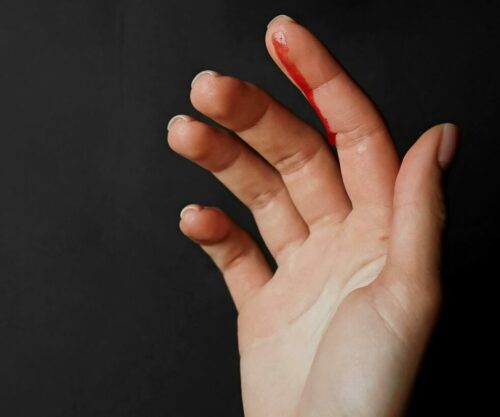
Sexual desire decreases when one has a low libido (low sex drive).
It is frequent and may be short- or long-term. Naturally, libido differs from person to person and might change over the course of your life.
Up to one in five men and even more women experience loss of libido (sex desire) at some point in their lives, NHS Inform reported.
Your libido, which encompasses both having sex with a partner and masturbating, is your total sexual drive or desire for sexual action. Complex biological, psychological, and social elements all play a role in libido. Sexual hormones like testosterone and oestrogen, as well as neurotransmitters like dopamine and oxytocin, control libido biologically.
Everybody has a different level of libido by nature. Throughout your life, your sex drive may also change. The level of desire is completely subjective. Some people desire or engage in sexual activity on a daily basis, whereas others may only desire it sometimes or not at all. Your choices and situation affect whether libido is “right” or “normal” for you.
According to NHS Inform here are some factors that may decrease your libido.
Stress, anxiety and fatigue
Your happiness can be significantly impacted by stress, anxiety, and fatigue all of which can be all-consuming. You may need to adjust your lifestyle or seek help from your doctor if you feel exhausted, stressed, or anxious all the time.
Relationship
If you’ve been in a relationship for a while, you could sense a certain amount of erotic dissatisfaction due to over-familiarity with your partner. Your sex drive may suffer as a result of this, which is very typical.
One of the most typical causes of libido loss is a difficulty in a relationship. You might find it helpful to get in touch with a relationships coach or a relationship support organisation, for assistance and guidance.
Hormonal problems
Less frequently, an underactive thyroid might contribute to reduced libido. This occurs when your thyroid gland, which is situated in your neck, produces insufficient amounts of hormones. Fat gain, fatigue, and depressive symptoms are typical indicators of an underactive thyroid.
See your doctor to find out how you could treat this issue.
The health publication also notes that your sex drive may suffer if you have hyperprolactinemia, a hormonal disorder. Here, the amount of a hormone called prolactin in your blood is elevated.
Drugs and alcohol
Alcohol abuse can decrease sex drive, therefore it’s a good idea to limit your consumption to no more than three to four units per day for men and no more than two to three units per day for women.
Also see: Foods that you should eat before sex




